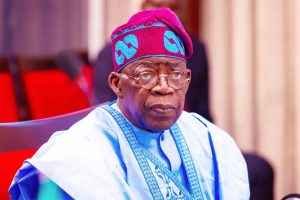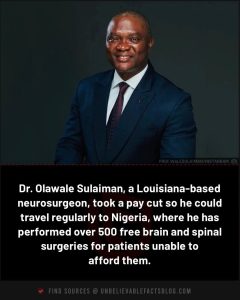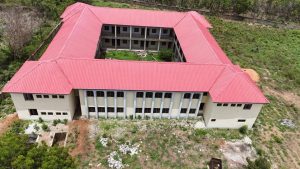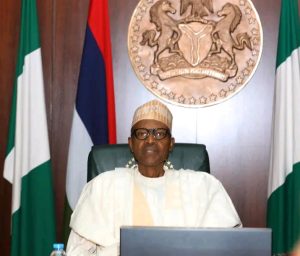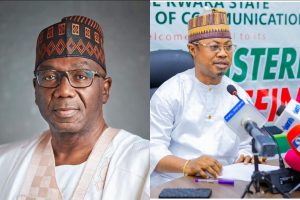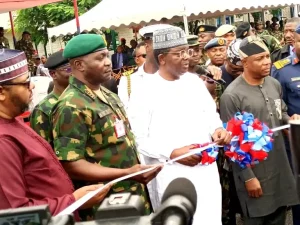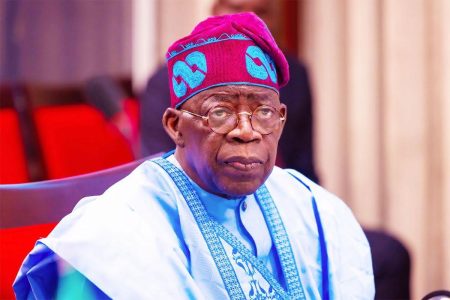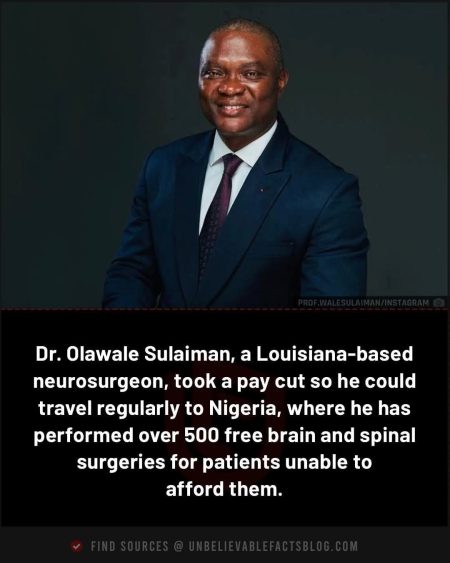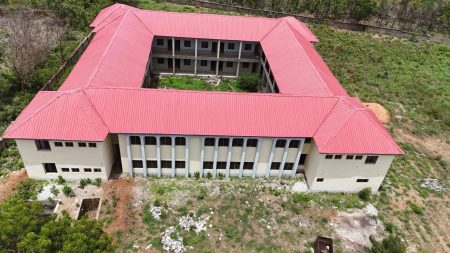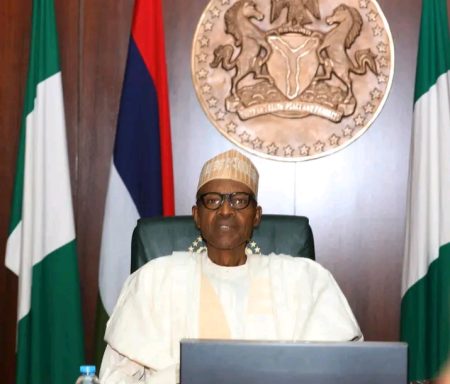In a recent interview with TVC on June 9, 2025, Maryam Abacha, widow of the late military ruler, General Sani Abacha, stirred fresh controversy by claiming that the over $3.8 billion recovered from various countries—often referred to as the “Abacha loot”—was not stolen, but rather funds her husband “saved” for Nigeria. She alleged that the money mysteriously disappeared shortly after Abacha’s death in 1998.
“Who witnessed any funds being stashed abroad?” she asked rhetorically. “No one has produced signatures or definitive proof. Those funds my husband kept for Nigeria were gone within months, but no one talks about that.”
Echoing her sentiments, retired Major Hamza Al-Mustapha, Abacha’s former Chief Security Officer, also claimed in a June 12 interview with BBC Hausa that the so-called loot was actually part of a strategic reserve intended to strengthen Nigeria’s economy. He likened it to economic models employed by Libya’s Muammar Gaddafi, insisting that the funds were not deposited under Abacha’s personal name.
These revisionist claims have sparked outrage among critics, including journalist and commentator Farooq Kperogi, who, in a May 23, 2020, column titled “History of Abacha’s Theft is Being Rewritten Before Our Eyes,” condemned ongoing efforts to sanitize the late dictator’s legacy.
Kperogi pointed to earlier statements by then-presidential candidate Muhammadu Buhari, who during a 2008 memorial in Kano claimed Abacha never stole from Nigeria. This assertion laid the groundwork for a narrative—particularly in parts of northern Nigeria—that Abacha was a victim of political retribution by former President Olusegun Obasanjo.
Efforts to rewrite history gained official traction under the Buhari administration. In May 2020, then-Attorney General Abubakar Malami described recovered funds as “Abacha assets” in a tweet. Following public backlash led by activists like Omoyele Sowore, Malami was forced to retract the statement and revert to referring to the funds as “Abacha loot.”
However, others have continued to promote the “Abacha saved the money” narrative. In a May 2020 interview, Buba Galadima, a former ally of Buhari, argued that Abacha had acted on advice from foreign leaders like Gaddafi and Saddam Hussein to safeguard Nigeria’s funds in anticipation of Western sanctions. Galadima, who served under Abacha, dismissed the widespread allegations of theft as ignorance.
Kperogi rebutted this claim by pointing out the contradiction in supposedly protecting Nigeria’s assets by storing them in Western countries—including the United States—that Abacha allegedly feared. He also noted that Buhari, despite his earlier stance, later admitted in an April 2016 tweet that the funds were “illegally taken,” a clear acknowledgment of corruption.
The United States government has been unequivocal about the origin of the funds. In a 2020 statement, the U.S. Department of Justice detailed how Abacha’s family and close associates laundered billions through financial institutions in the U.S. and Europe. One of those associates, now-Kebbi State Governor Atiku Bagudu, was identified as part of the network used to siphon public funds.
Switzerland also corroborated this position. A 2017 Radio France Internationale report noted that the Swiss government had confiscated and returned hundreds of millions of dollars following criminal investigations into Abacha’s son. Similarly, the World Bank’s Stolen Asset Recovery Initiative confirmed that over $700 million was returned to Nigeria after being “corruptly diverted” under Abacha.
To date, approximately $3.6 billion has been recovered out of an estimated $5 billion looted by the Abacha regime. Kperogi questioned why, if the funds were truly “savings,” some were laundered and hidden in secret accounts, and why figures like Galadima haven’t helped Nigeria retrieve the rest.
He criticized attempts to reframe Abacha’s legacy as deceptive and politically motivated. “Young Nigerians, especially in the North, who weren’t alive during Abacha’s regime, are being misled into viewing him as a misunderstood patriot,” he wrote. “Islam teaches truth and justice—not the glorification of a thief because he shares your religion or region.”
In closing, Kperogi stressed: “Abacha didn’t save money for Nigeria. He stole from it—unapologetically. And no amount of revisionism can change that truth.”


